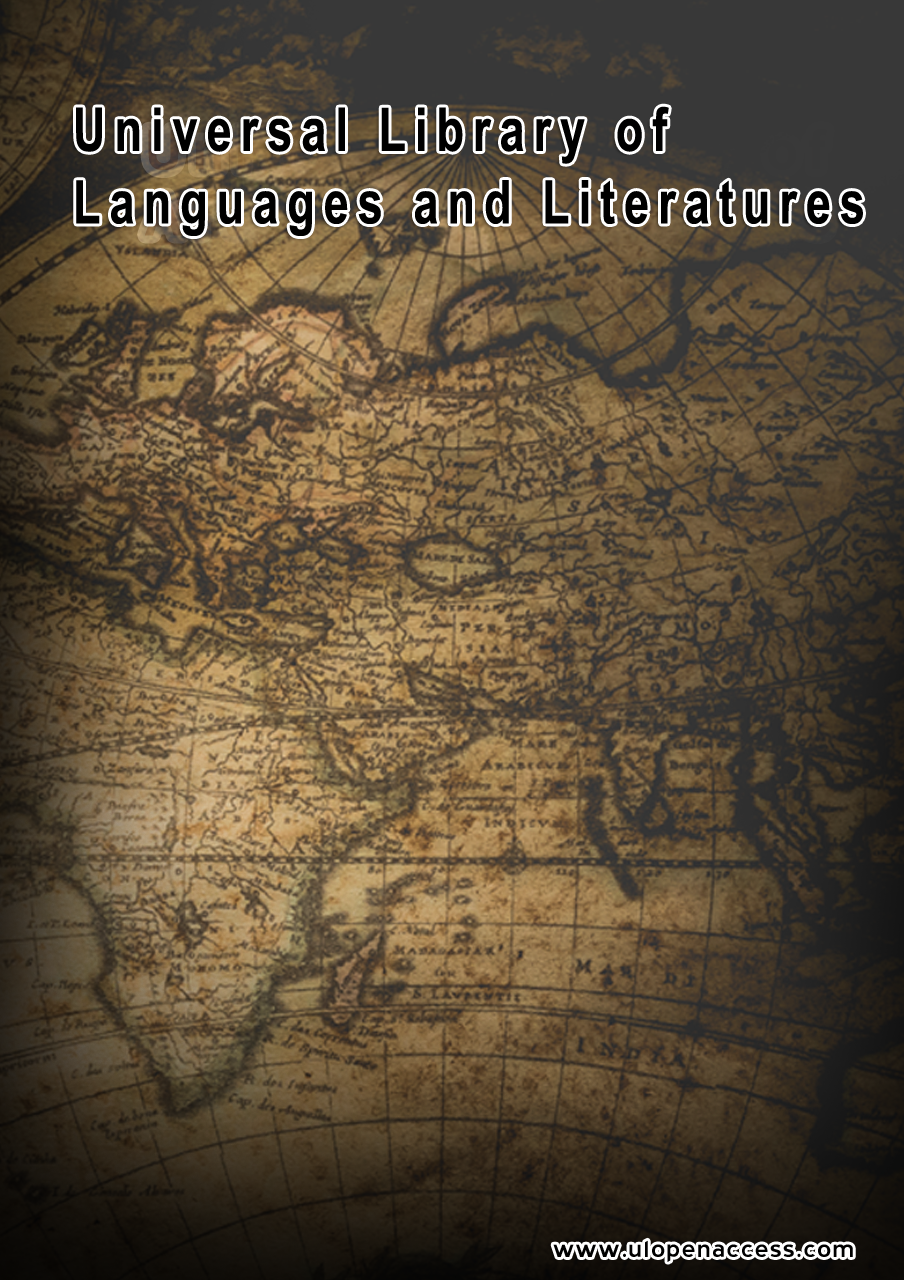Neo-Imperialism or Retreat? Historicizing Trump’s Role in the Middle East Crisis Through 2025Lee Bih Ni Citation: Lee Bih Ni, "Neo-Imperialism or Retreat? Historicizing Trump’s Role in the Middle East Crisis Through 2025", Universal Library of Languages and Literatures, Volume 02, Issue 01. Copyright: This is an open access article distributed under the Creative Commons Attribution License, which permits unrestricted use, distribution, and reproduction in any medium, provided the original work is properly cited. AbstractThis study examines the evolving nature of U.S. foreign policy in the Middle East under Donald Trump through the lens of neo-imperialism and strategic retreat, contextualized through events up to 2025. By employing a mixed-methods approach that combines AI-assisted primary data collection with secondary data analysis, the research interrogates the geopolitical shifts triggered by Trump’s transactional diplomacy, military repositioning, and economic coercion strategies. The findings reveal a complex hybrid of imperialist tendencies—manifested through economic dominance and unilateral policy assertions—alongside selective disengagement and regional burden-shifting. This duality challenges traditional frameworks of U.S. hegemony and suggests a recalibrated, post-unipolar form of global influence. Keywords: Neo-Imperialism, Middle East Policy, Trump Administration, Strategic Retreat. Download |
|---|

